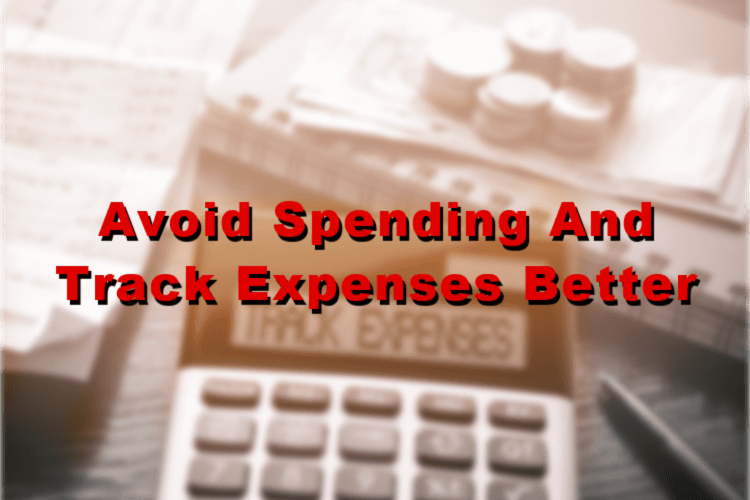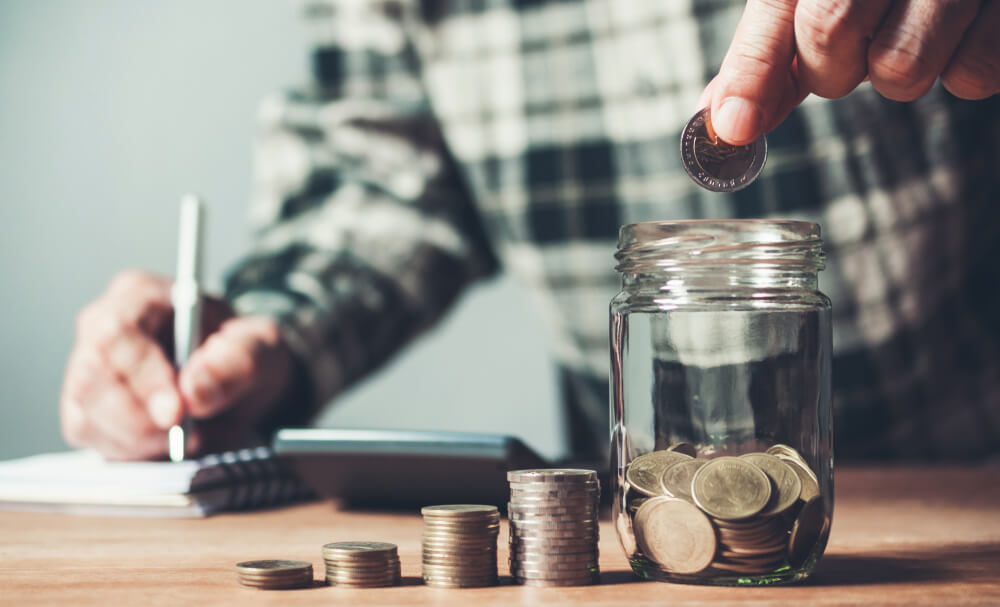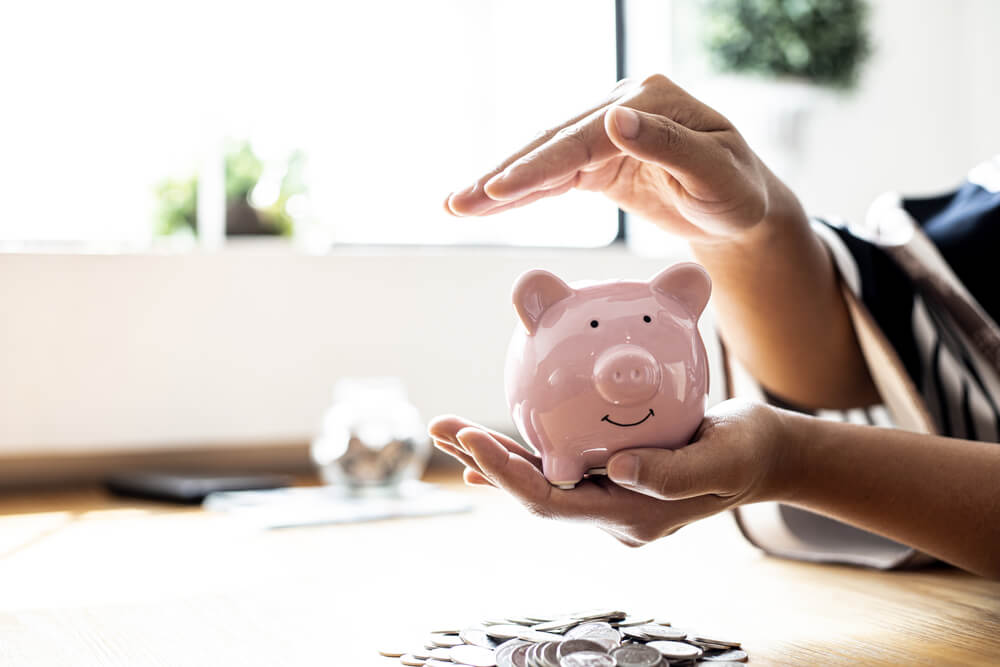Do you need to avoid spending so much? If you happen to spend more than you are making, one way you can straighten up your finances is by learning how to track expenses better. And the best part is, it isn’t difficult to track your expenses and avoid unnecessary spending. So if you want to get started with tracking your expenses, check out these tips below.
Top 7 Tips To Track Expenses And Stop Overspending
1. Create A Budget Tracking Spreadsheet
While it can feel daunting when you start learning how to track expenses, it's actually relatively easy. We recommend creating a budget tracking spreadsheet to make inputting your expenses as simple and quick as possible. Continue this process each month, and you'll avoid spending unnecessarily. To give you an idea of the columns you need, here is a basic outline:
- Column one: Category: List all your monthly expense categories, no matter how big or small. General categories include:
- Clothing.
- Childcare.
- Housing.
- Transportation.
- Food/groceries.
- Insurance.
- Retirement.
- Medical.
- Gym.
- Entertainment.
- Miscellaneous.
- Column two: Projected costs: Estimate the dollar amount you expect to spend on each category. You should use past bank statements to help. Keep in mind that your projections shouldn't exceed your monthly income.
- Column three: Actual costs: At the end of each month, add all your expenses. You need to include everything, regardless of how small the purchase.
- Column four: Difference: Find the difference between your projections and actual costs. Note the difference and work on improving your spending next month.
2. Set Realistic, Attainable Goals
You won't be able to keep on track with your budget if you don't set measurable, specific goals. Unrealistic aims lead to motivation loss and budgets you can't stick to. Keep your motivation high by creating short-term and long-term goals for your finances and budget that you can reach.
The way to really improve your finances is to give yourself goals to work towards. The sense of achievement gleaned from achieving the shorter-term financial objectives will give you the best chance of actually getting better at understanding your finances and learning how to track expenses.
3. Add Expense Tracking To Your Daily Routine
Consider tracking your expenses the same as brushing your teeth — you have to do it every day. Set aside time at the end of the day to enter your transactions into the spreadsheet. Eventually, it'll become a habit and you’ll be on the road to improving your finances. Just learn how to track your expenses and you’ll be on the right path to bettering your financial situation.
4. Always Keep Receipts
When it comes to learning how to track your expenses, you want it to be as easy as possible. So, be mindful about where you keep your receipts — and always say yes when cashiers ask if you'd like one! You need a receipt for every purchase because that is your proof of what you paid for that purchase.
Keeping your receipts also allows you to get your expenses organized. How? Well, once you are ready to include your expenses in your tracker, you can reference your receipts and easily find the information you need to include in your tracker. Some of the information you should include can be the following:
- Date of purchase.
- Amount.
- Descriptions.

5. Use Exact Numbers In Your Tracking Sheet
When it comes to learning how to track expenses better, one way to do that is to use exact numbers in your tracker. You should resist rounding up or down. Instead, input your exact numbers to ensure complete accuracy. After all, rounding up could result in a difference of around $15 a week.
6. Embrace Frugal Living
Another way to track expenses better is to adopt a frugal lifestyle. Once you're tracking expenses, you'll probably realize you need to cut down on unnecessary purchases to avoid overspending. Therefore, embracing frugal living can really help you out! If you want to try being more frugal, you can do this by:
- shopping around for cheaper internet providers.
- cooking instead of ordering takeout.
- buying clothes during sales.
- doing DIY home improvements.
7. Keep Your Spending On Track With A Payday Loan
One thing that could really hurt you while you are trying to track expenses is an emergency. The good thing is you don't need to let emergencies derail your expense tracking habit or cause you to overspend. When you need help getting through those expenses, you can come down to Nevada Title & Payday Loans, Inc. for a payday loan.
A payday loan helps you get through the period between paychecks when you really need quick cash. The good thing is our process is simple and quick. Just head to our website to learn more about this loan. And once you are ready, fill out the online form to get started. You will then receive a phone call from the nearest Nevada payday loan location to help you get through the process.
Track Your Expenses With These Tips Now
When it comes to getting on the right path with your finances, you have to start with learning how to track expenses. With these tips, you can get better at tracking your expenses and improving your finances. And if you have an emergency you need help with, fill out the online form now to get a payday loan.
Note: The content provided in this article is only for informational purposes, and you should contact your financial advisor about your specific financial situation.







